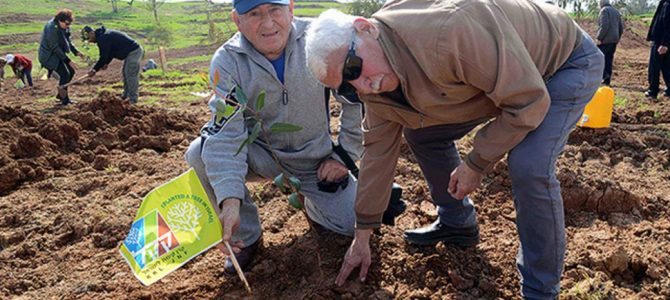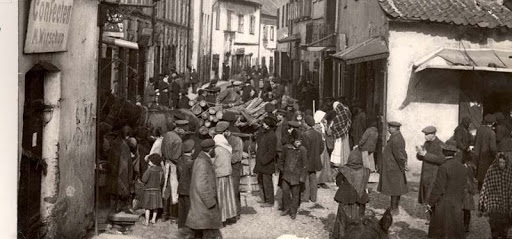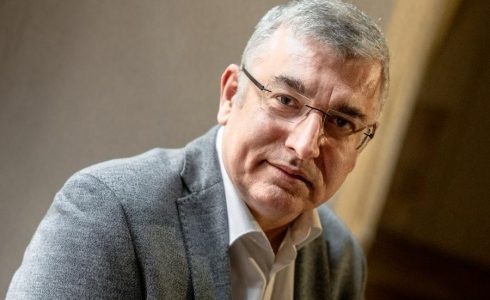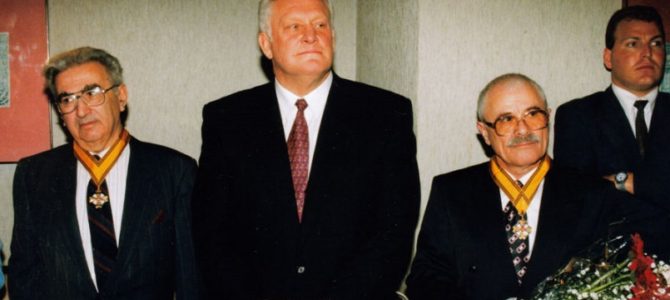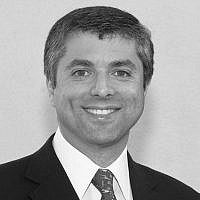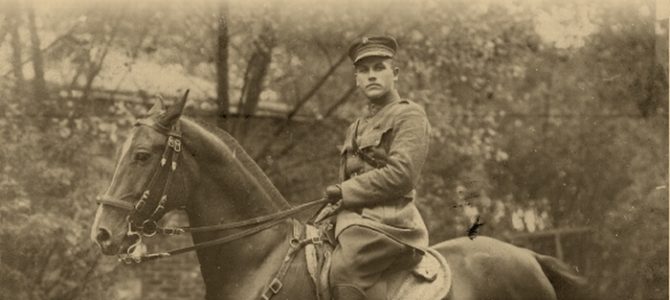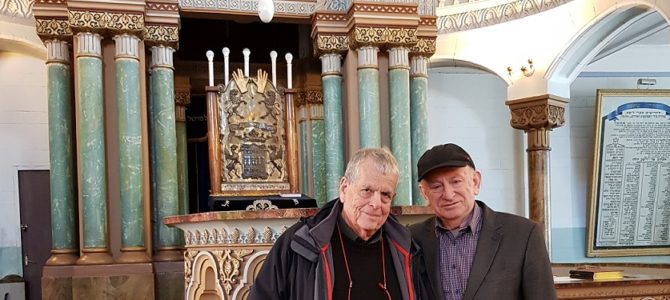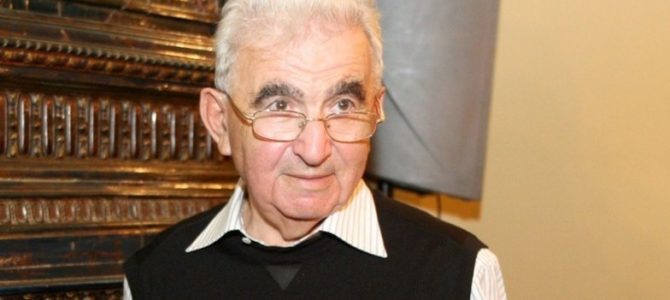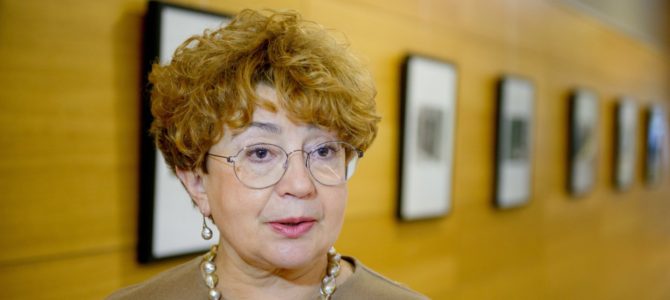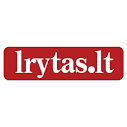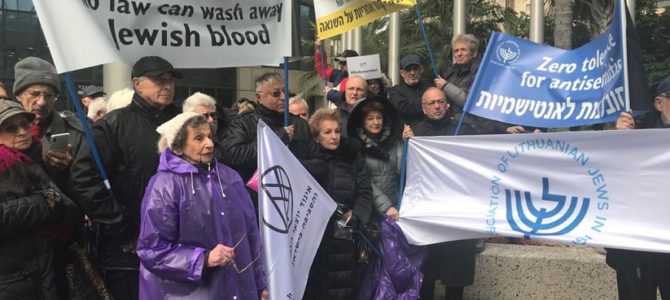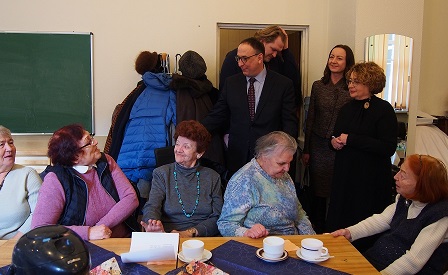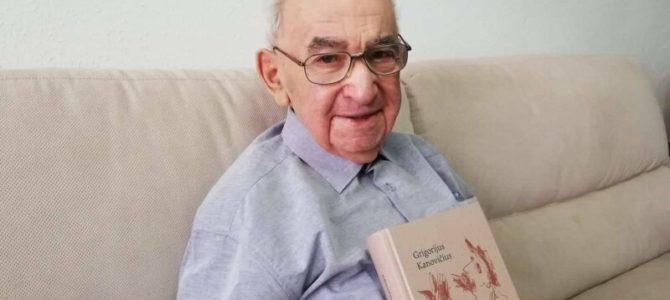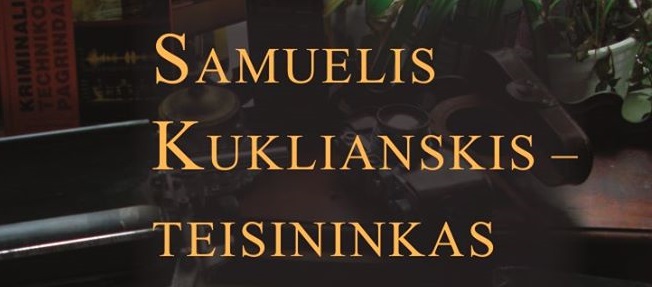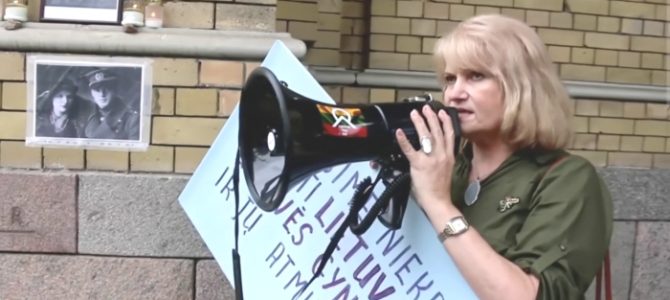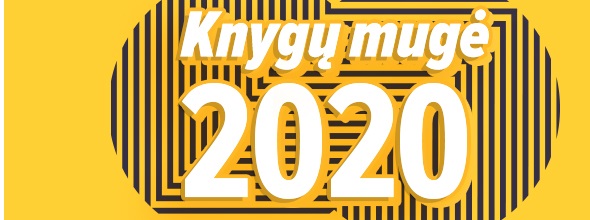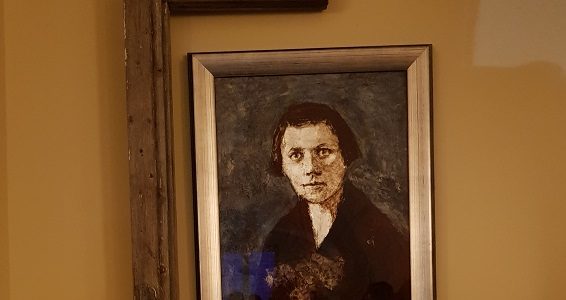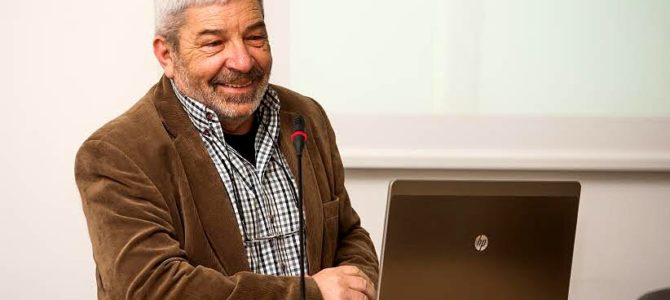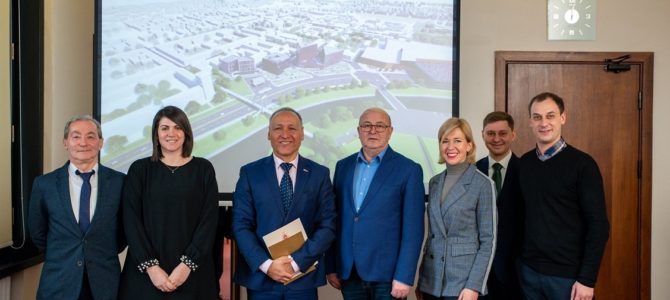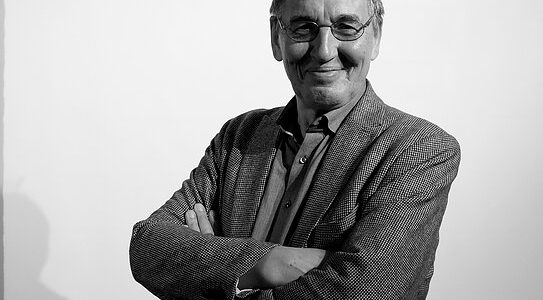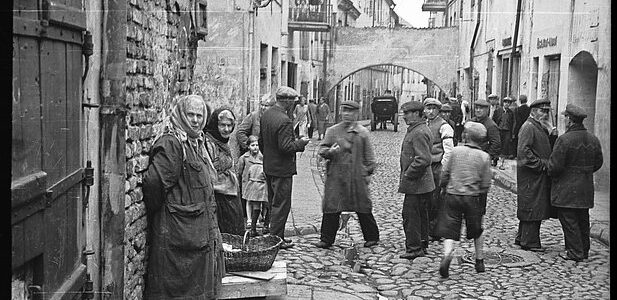LRT.lt

The Leonidas Donskis prize was awarded this year to Linas Vildžiūnas, the director of the “7 meno dienos” [Seven Days of Art] weekly newspaper, by the board of directors of the Sugihara Foundation/Diplomats for Life and Jolanta Donskienė.
On February 2 the Sugihara Foundation/Diplomats for Life announced their annual award for Tolerant Person of the Year at Vytautas Magnus University in Kaunas. This year that person was Eugenijus Bunka. They also awarded the Donskis prize to Linas Vildžiūnas. Leonidas Donskis was a philosopher, professor, the author of numerous books, a television personality, an advisor to the Lithuanian president and an important voice in the modern Republic of Lithuania.
Vildžiūnas was awarded the distinction “for his meaningful presence on the cultural scene which was unaffected by regime changes and fashion, and for his continuous reminder culture is a fundamental value whose quality is enriched by supporting dialogue and discussion. [And] for his long-time battle against forgetfulness, reminding us that only the maintenance of memory, however uncomfortable it might be, strengthens dialogue and empathy, that the memories of our grandparents and great-grandparents is of value for the younger generation rather than a fading memory. [And] for his belief and the example he set, showing that a strong civic attitude is able to withstand tendentious attacks, manipulations and efforts to ‘nationalize’ it.”
This is the speech Linas Vildžiūnas gave on acceptance of the Donskis prize:
§§§
Dear Mrs. Jolanta Donskienė, honored members of the board of directors of the Sugihara Foundation/Diplomats for Life, ladies and gentlemen,
In accepting from your hands this honorable award in recognition of my humble efforts, I am deeply moved and at the same time disturbed. The Leonidas Donskis prize set a very high standard, bearing in mind his irreplaceable role in our public life and academic discourse and his novel insights which have added to our lexicon of philosophy and sociology (take just for example his and Zygmunt Bauman’s idea of “liquid evil” in the final book coauthored by both thinkers). We all feel that void which appeared in public life on the loss of Leonidas Donskis, who was the most remarkable and sometimes the only voice of our intellectual elite.


